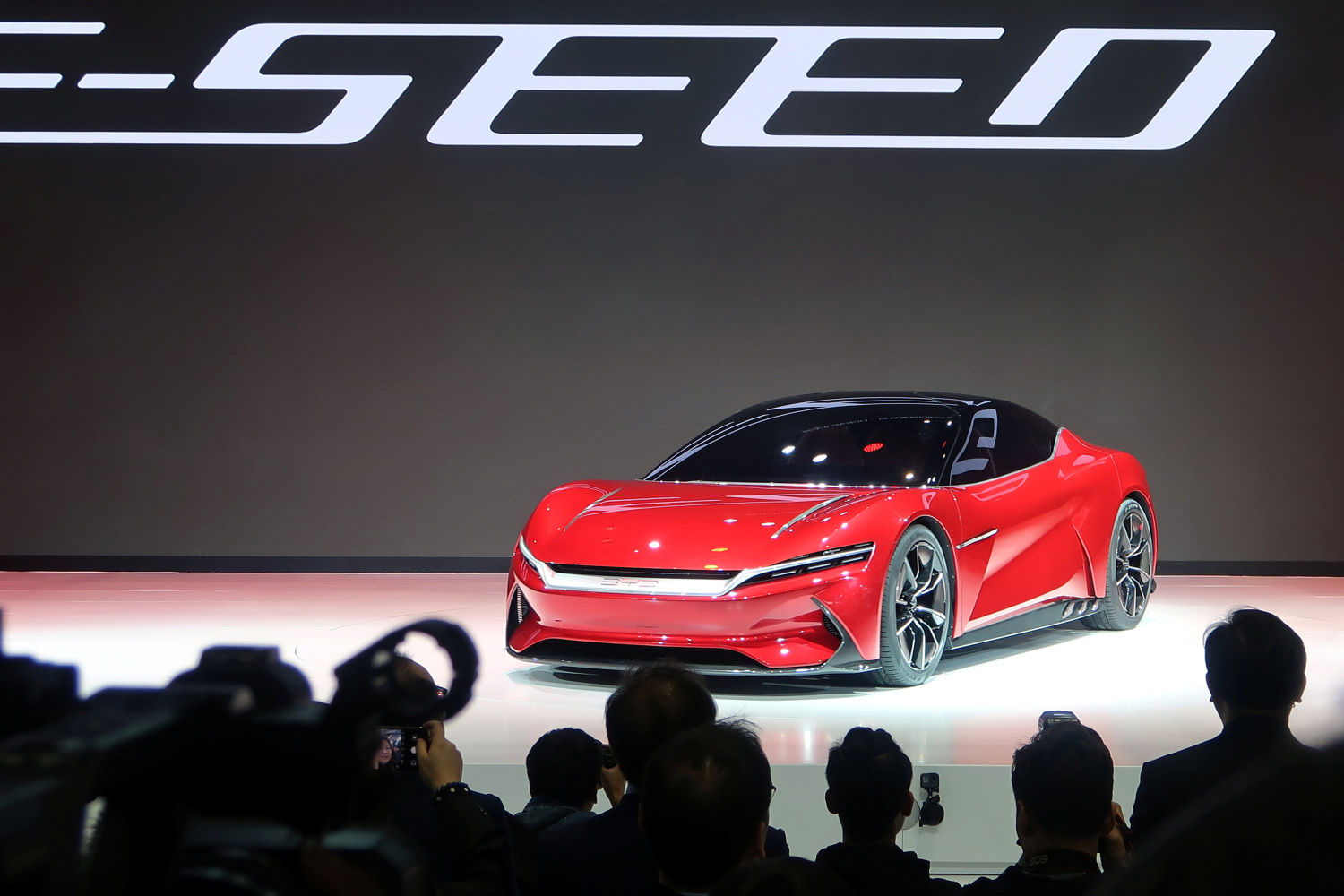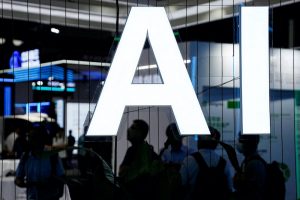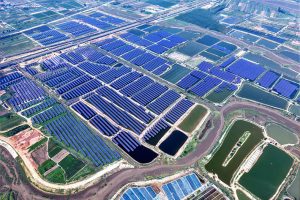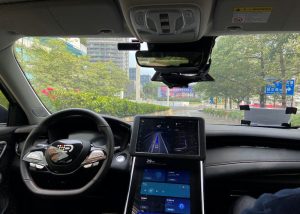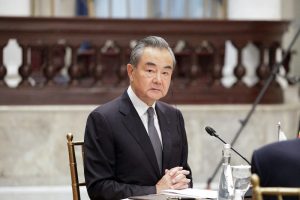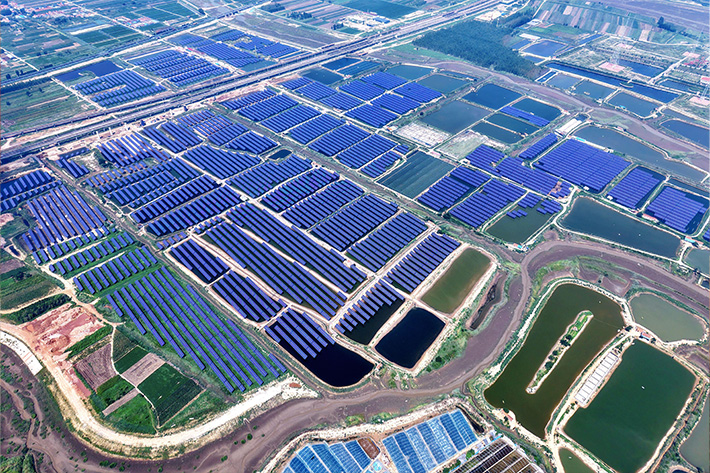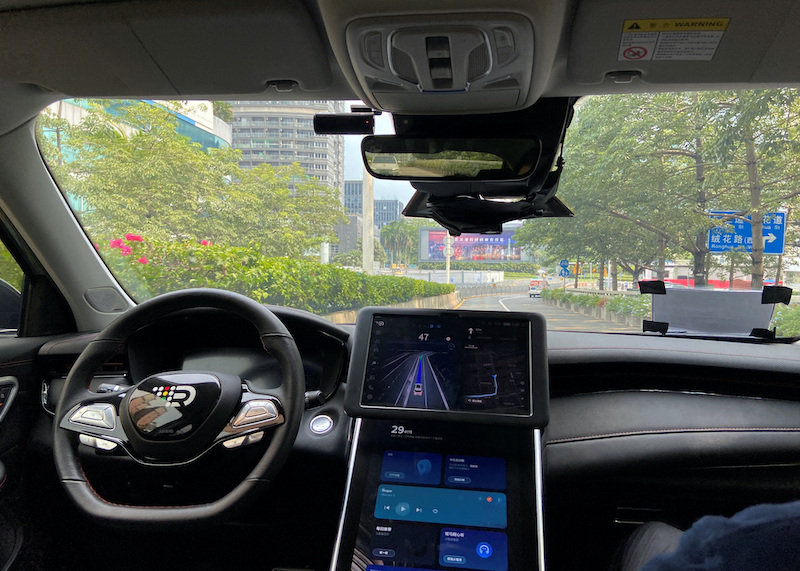(ATF) China will cut its subsidies on new energy vehicles (NEVs) such as electric cars by up to 20% next year, the finance ministry said on December 31, as Beijing seeks to boost fuel economy and cultivate home-grown automotive sector champions.
China has set a target for NEVs, which also cover plug-in hybrids and hydrogen fuel cell vehicles, to account for a fifth of auto sales by 2025 compared with the current 5%.
According to a statement posted on the finance ministry website, subsidies for NEVs in public transport, sanitation, postal services, logistics and civil aviation airports, among others, will be cut by only 10% compared with the 2020 level.
Other areas will face a 20% subsidy cut.
The statement sets out stiffer fuel consumption and driving range requirements for electric cars and other NEVs.
Development plan
China will also strengthen regulations on the investment and manufacturing of NEVs to prevent over-expansion in the sector, according to the statement, which vows to step up the elimination of “zombie companies” and encourage mergers and restructuring.
The subsidy changes were announced jointly by the finance ministry, Ministry of Industry and Information Technology, Ministry of Science and Technology and the National Development and Reform Commission.
In November 2019, China unveiled a development plan for its NEV industry in 2021-2035 that aims to accelerate the country’s transition into an automotive powerhouse.
The proportion of NEVs in the sales of new vehicles is expected to rise to 20% by 2025, and vehicles used in public transport will be completely electrified by 2035, according to the plan.
China accounted for 55% of global NEV sales in 2019, according to industry ministry data.
(With reporting by Reuters)




